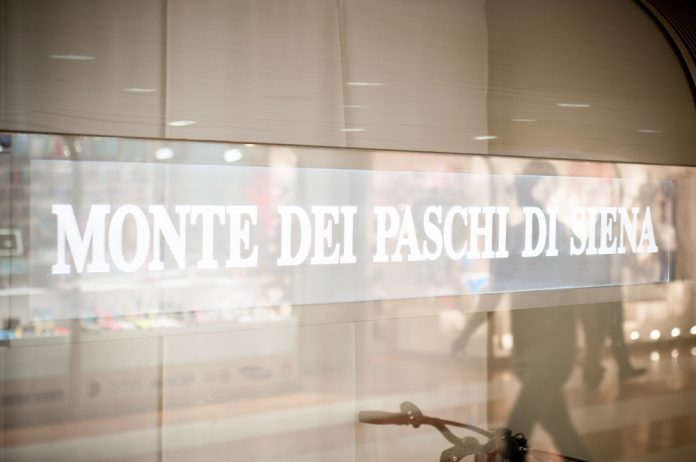The Italian Prime Minister Matteo Renzi has tendered his resignation, decreasing the likelihood of securing a private bailout for its troubled Monte dei Paschi di Siena bank.
According to the Financial Times, the bank’s advisors JP Morgan Chase and Mediobanca have warned Monte dei Paschi that it will now be difficult to secure a deal with investors after the week’s events, which have plunged the immediate future of the Italian government into uncertainty.
Reportedly, they have advised the bank to begin preparing for a state bailout as talks with the Qatar Investment Authority turn increasingly desperate. Without the main bulk of the funds from Qatar, enticing other investors to fill the bank’s €5 billion capital shortfall is likely to be difficult.
Italian Prime Minister Matteo Renzi gave his resignation to the Italian President Sergio Mattarella on Monday, but was asked to remain in his post until the passing of the 2017 budget. This is expected to take several days, but may take longer.
Monte dei Paschi di Siena, Italy’s oldest bank, is struggling under the weight of billions of non-performing loans, leading it to perform the worst in Europe in stress tests conducted by the European body over the summer. Several other banks are on the brink of collapse.
Renzi’s departure will lead to a stretch of uncertainty for Italy as it attempts to form a new government from the current parties in power, or replace it with a technocratic government. Italy is no stranger to rapid political change, having had 63 governments in the 70 years since the formation of the Second Republic; but the political instability currently will likely have a knock-on effect on its ability to deliver the investment and reform that is so desperately needed by its banking sector.

